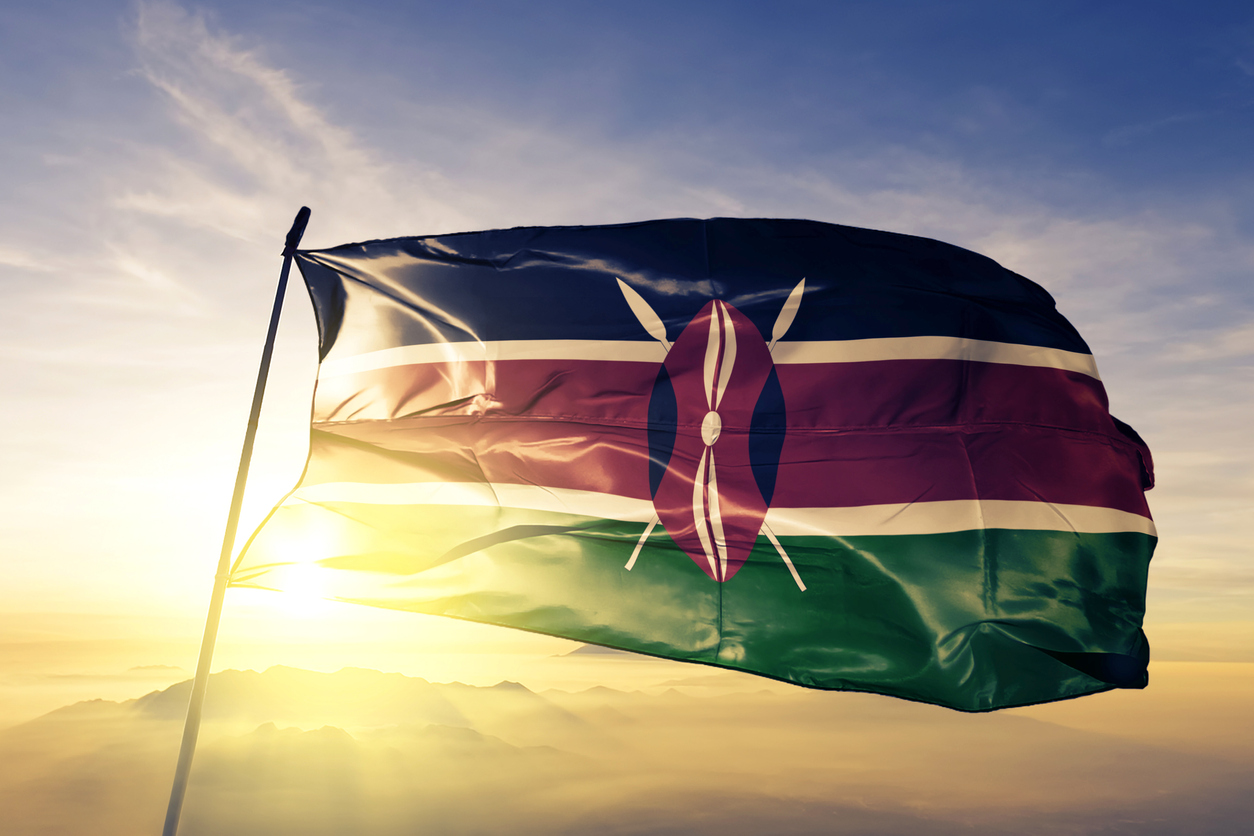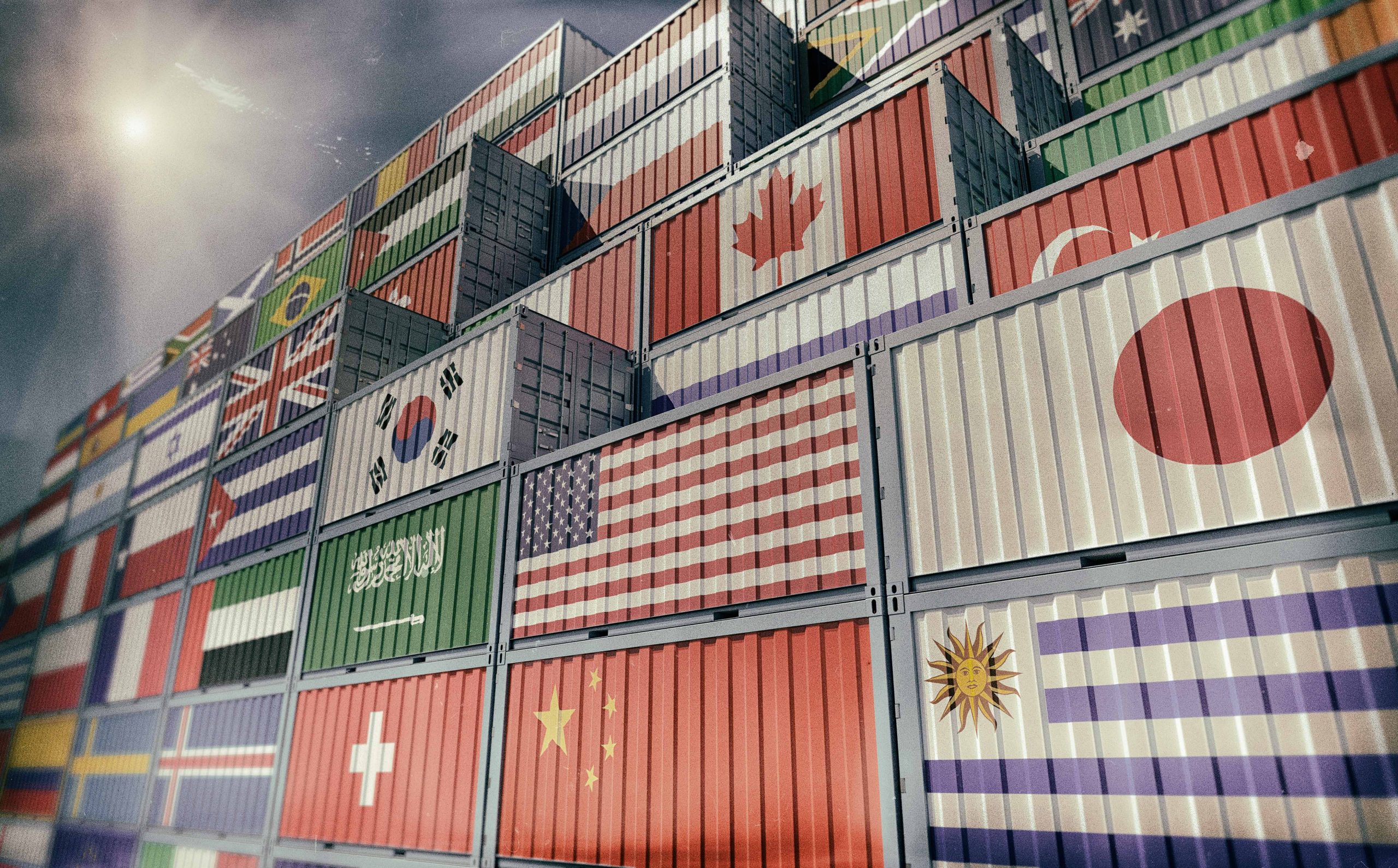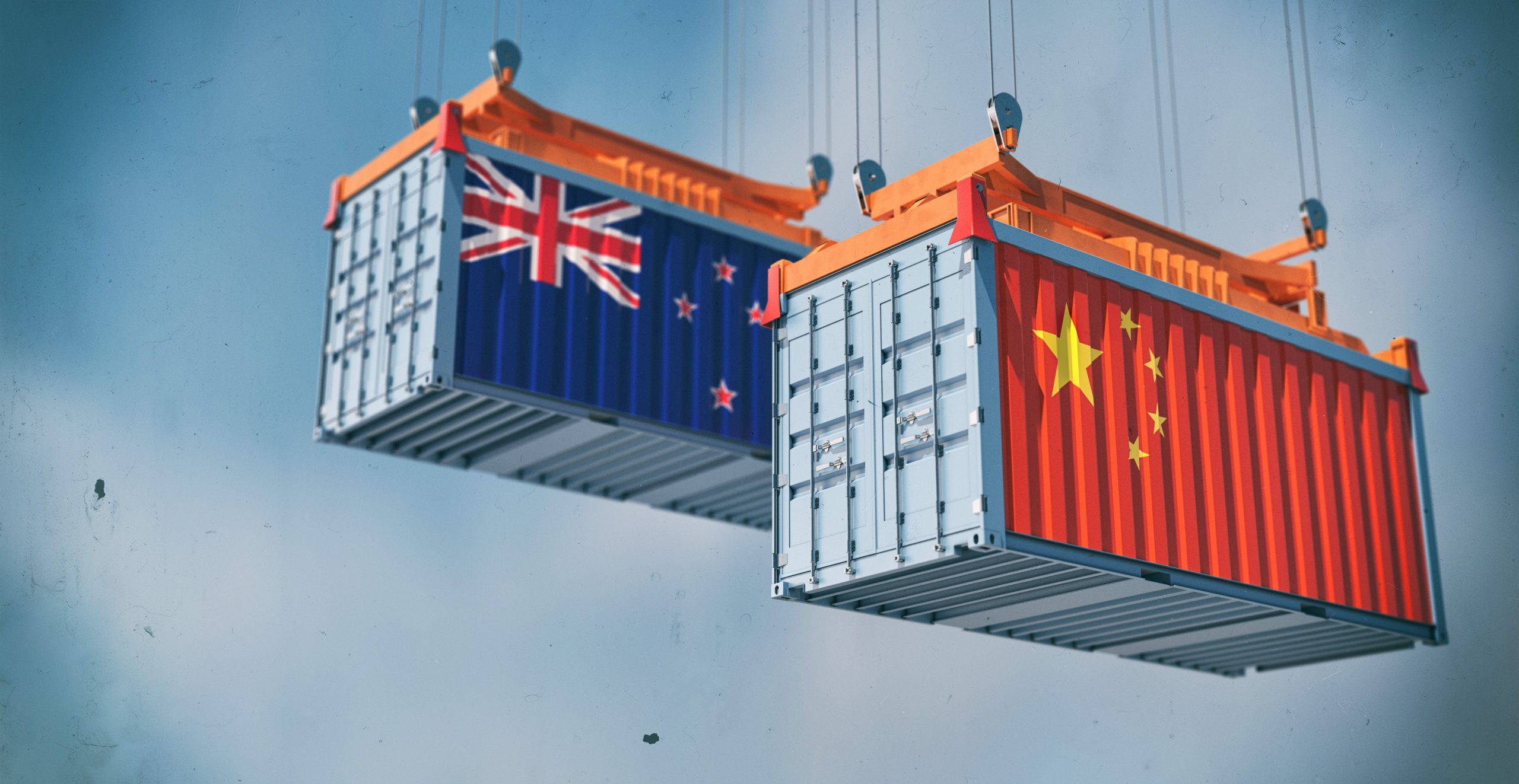The Comprehensive Guide To Shipping Goods From Japan To Kenya
The Comprehensive Guide To Shipping Goods From Japan To Kenya
Shipping goods from Japan to Kenya can be a daunting task if you don’t know what to do. With the right tools and knowledge, however, anyone can transport goods from Japan to Kenya quickly and safely. This comprehensive guide provides useful information on the entire shipping process, from understanding the different shipping options to packing and labeling the goods correctly. It also covers the necessary paperwork, cost-effective solutions, and other tips to ensure a successful and stress-free shipment. Whether you are a business looking to export goods to Kenya or an individual seeking to bring a few items from Japan, this guide can help you make the best decision for your needs.
Different Shipping Options
Shipping goods from Japan to Kenya will often involve more than one mode of transport. It is common to use more than one type of transportation as each mode of shipping has its own benefits, costs, and restrictions. A few common shipping options include: Container Shipping – Container shipping is the most efficient method of transporting large amounts of goods. Containers provide protection from weather, theft, and damage. As cost-effectiveness is the biggest advantage to this method, the price will increase if more than one container is needed. Air Cargo – Air cargo is a great option for transporting items that are too fragile for ocean transportation. If a product is perishable, air cargo is recommended. It is also a great option for small, valuable items. Air cargo will almost always be more expensive than other shipping modes as it is more difficult to plan and organize. Road or Rail Transport – Road or rail transportation is a common option for shipping smaller, less valuable items. This method is less expensive, but it is also less safe and reliable. It is not advised for perishable or valuable items.
The Necessary Paperwork
Before you begin to arrange for shipping goods from Japan to Kenya, make sure you have the correct paperwork in place. Some countries, including Kenya, require an invoice and commercial invoice. An invoice is a record of the payment that is made for the shipment. A commercial invoice is more detailed, and it is often used in business transactions. Customs forms, an insurance policy, and bills of lading are additional documents you may require. These vary depending on the country where you are shipping the goods. It is essential to have the correct paperwork to avoid costly fines and delays. While different countries have different requirements, many businesses recommend using the INCOTERMS® terms when describing the shipment. Using these terms will help you accurately describe the terms of the shipment, which will make the necessary paperwork easier.
Packing and Labeling the Goods
The condition of the shipping boxes and the labels used to mark the contents will determine how long the shipment takes and how successful it is. When packing the items, it is recommended to use proper padding to protect the items from damage during the shipping process. The best packing materials to use will depend on the item being shipped. Shipping fragile items with a few extra pieces of protection is always a good idea. It is also important to mark the boxes correctly. Be sure to write the contents of the boxes in a way that is easy to understand, but also avoids being too detailed. It is a good idea to avoid using the brand name of the product in case the boxes are inspected by border authorities.
Cost-Effective Solutions
If you are shipping goods from Japan to Kenya, it is important to consider the cost of the shipping method. The cheapest shipping option might not always be the best option, so it is advised to do some research to find the best solution for your needs. For example, shipping by air will usually be more expensive than shipping by sea. However, it is faster and more reliable. Before you make a decision, consider the following: – Destination – Is the destination nearby or far? This will affect the shipping method you choose. – Length of time – How long do you want the shipping process to take? This will help you decide between faster options such as air or sea. – Value and weight of items – How valuable and heavy are the items? This will help you decide between different shipping methods.
Tracking and Insurance
Make sure that the shipping company you choose offers reliable tracking and insurance. If something goes wrong with the shipment, you will want to know what happened and when it happened so you can take the appropriate action. When choosing a shipping company, make sure you look into their past experience and ratings. It is also a good idea to ask about insurance. You can add extra coverage to the shipment by paying a small fee. This will protect your goods in the event something happens during the shipping process. Some shipping companies require a certain percentage of the total shipment cost upfront. This can often be a small percentage of the total value of the shipment. This money is held until the shipment arrives at its destination. This is called a bond or a performance bond. If you are shipping a valuable shipment, it is a good idea to use a bonding company. This will ensure that you are protected in the event that the shipment is lost or damaged.
Tips for a Successful Shipment
Shipping goods from Japan to Kenya can be a successful and stress-free experience when you take a few extra steps. – Know the Import Restrictions: Before you begin the shipping process, make sure you know the import restrictions for your destination. This will help you avoid unnecessary complications. – Get a Customs Broker: Customs regulations are complicated and can vary from one country to another. It is recommended that you hire a customs broker so you are not dealing with all the paperwork and fees. – Keep Track of the Shipments: Make sure you keep track of the shipments and their expected arrival date. This will help you stay organized and aware of any potential delays. – Be Prepared for Delays: Be prepared for possible shipping delays. Weather, traffic, and other issues can be unavoidable. This can be stressful, but it is important to remain patient and keep in contact with the shipping company.
Conclusion
Shipping goods from Japan to Kenya can be a complicated process. It is important to understand the different options available and have the correct paperwork and labeling in place before beginning the process. For the best results, it is recommended to hire a customs broker and track the shipment closely. With the right preparation and information, you can successfully ship goods from Japan to Kenya.








LEAVE A COMMENT
You must be logged in to post a comment.